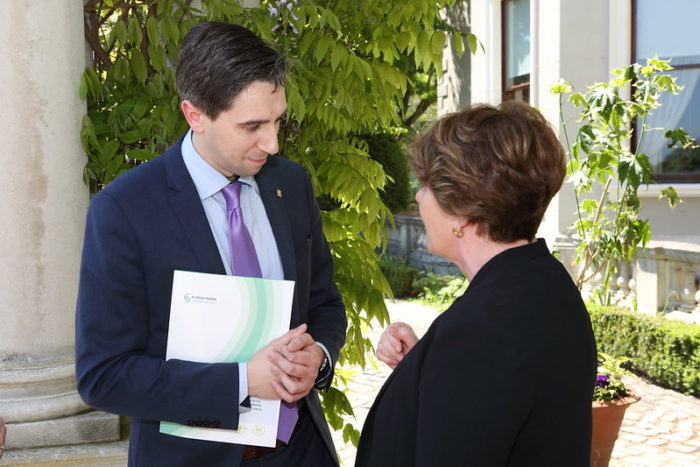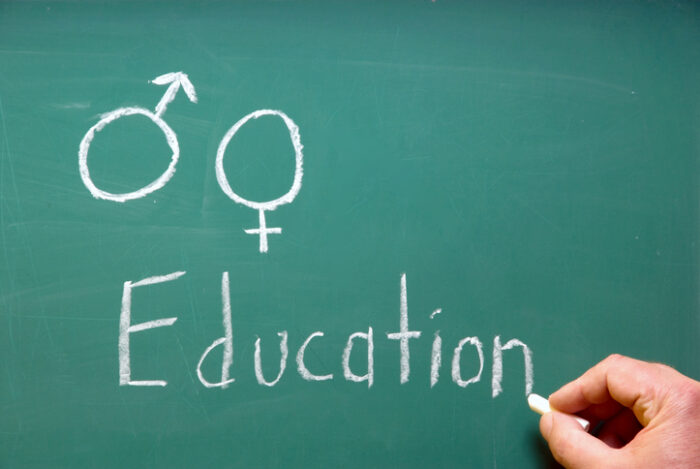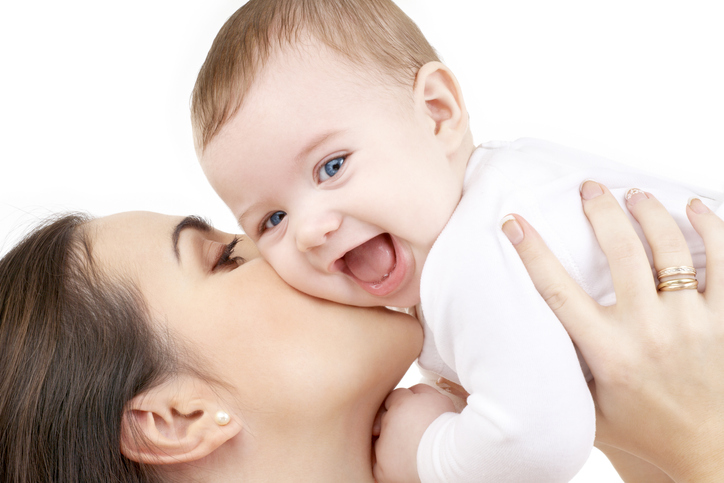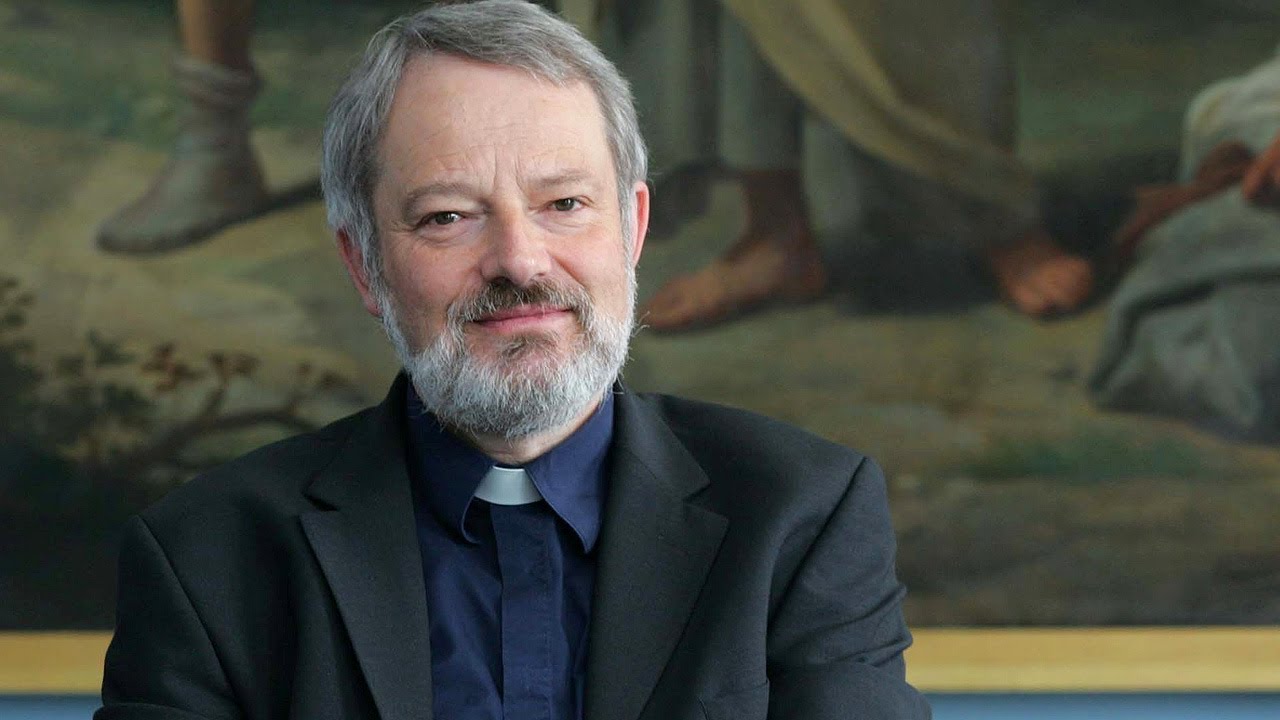
It has been revealed that monies ring-fenced for the Government’s maternal safety strategy, including fighting sepsis, have been diverted to pay for abortion.
The National Maternity Plan was developed in response to official recommendations following the death of Savita Halappanavar from sepsis in 2012.
The Irish Times has reported, however, that the plan has received only a fraction of the funds set aside for it after the Minister for Health, Simon Harris, used it to pay for the State’s new abortion regime.
The move prompted one of only two patient advocates to resign from the board of the HSE.
Mark Malloy has been campaigning for greater accountability in the health service ever since his own child was one of a number of babies who died unnecessarily at Portlaoise hospital.
He told the Irish Times he resigned because the latest HSE service plan could only fund a fraction – 12 per cent – of the €8 million a year that was promised for the National Maternity Strategy as the rest of the funds were used to pay for Minister Harris’ abortion regime.

Three different evangelical representative bodies in Spain have reacted to the central Government’s pledge to deny parents any right to opt their children out of classes and activities, including radical sex education, which might conflict with their moral and ethical values.
Education Minister Isabel Celáa had said in a press conference that “no one should commit the mistake of thinking that children belong to their parents”.
The new Equality Minister Irene Montero, of far-left party, Podemos, added that: “The children of homophobic parents have the same right as all other children to be educated in the fact that they can love whoever they want to, and to be educated in freedom, feminism and equality”.
In response, the Spanish Evangelical Alliance (AEE) denounced that “a code of values charged with ideology is being imposed on our children, which presents ideological dogmas as if they were absolute truths, creating a kind of ‘lay religion’”.
The Evangelical Council of the Region of Murcia, also expressed its “deep concern and disagreement” with Celáa’s words. The evangelical body in that region underlined that “parents have the right to educate children according to their ethical and moral convictions, this being a Constitutional right, which cannot be subject to changing policies or ideological proposals”.
Finally, the Federation of Evangelical Religious Entities of Spain (FEREDE), called to end what they believe to be “a false debate” because “it hurts us all, especially the children”. “Both Parents and the State should recognise each other as needed partners and collaborators for the satisfaction of the fundamental rights of children (…) Government and opposition should be careful not to sow mistrust between the schools and parents”.

The Gospel-based, values-centred approach of faith-based schools in the US has helped many people out of poverty and set them on a path to longterm success. That’s according to advocates of Catholic schools in New York who spoke after the US Supreme Court heard arguments about whether US States can prohibit public revenue from going to faith-based schools.
Kathleen Porter-Magee is the superintendent of Partnership Schools Partnership Schools NYC, a network of Catholic schools in disadvantaged parts of New York like Harlem and the South Bronx. Writing in the New York Post, she says Catholic schools seek to form students with the habits of virtue that help them choose to do good. The results then speak for themselves: “Research has shown that students who attend religious schools are less likely to participate in risky criminal and sexual activity. One study found that girls who went to Catholic school were more likely to avoid early pregnancy, and boys who went to Catholic school were less likely to be incarcerated.”
She says that academically, students in her schools routinely surpass state, city and charter test-score averages, serving as a reminder of why many poor families have historically sent their children to Catholic schools.
Still, she adds that, while student achievement is important, it isn’t sufficient to bring about transformative change for our children. That’s why the case before the Supreme Court regarding some States who prohibit funding of faith-based schools is so important: “By ruling the right way, the Supremes can clear away the barriers that disadvantage religious schools and help ensure that all families, regardless of their income, have the right to choose the values in which they want their children educated.”

The new Citizens’ Assembly on Gender Equality met for the first time in Dublin Castle last Saturday afternoon.
A report on gender equality worldwide from the World Economic Forum shows we are already the seventh most gender equal country globally, ahead of countries like Denmark, France, the UK and Germany.
The head of the Assembly, Dr Catherine Day told delegates that the Oireachtas had asked that the Assembly “advance gender equality by making proposals on a range of issues and to prioritise those issues which may include policy, legislative or constitutional change”.
She said the Assembly is tasked with doing this “while having regard to the legal requirements and the costs versus the potential impact of these proposals”.
Issues for consideration, as set out by the TDs and Senators, ranged from “challenging the barriers and social ways of behaving that facilitate gender discrimination, to reassessing the economic value placed on work traditionally done by women”.
They included “looking at where the responsibility for care lies, especially within the family, assessing early years parental care and facilitating greater work/life balance, and scrutinising the structural pay inequalities that result in women being disproportionately represented in low pay sectors.
She said the Assembly will not be about only women’s issues but will also involve men and the LGBT+ community.
She added that other genders will be included in the discussions. “This [Oireachtas resolution] only talks about boys and girls and women and men, but we will certainly interpret gender equality as applying to however people define or identify themselves.”

Substantial pro-family policies in Hungary are bearing real fruit, according to Katalin Novak, Hungary’s Minister of State for Family and Youth Affairs.
She spoke at two events in Dublin last week and described the positive demographic changes that has occurred in Hungary in the past decade after a radical change in Government policies.
The country’s population had been in decline since 1981, with the fertility rate plunging to a mere 1.23 in 2011. This was accompanied by declining rates of marriage and huge numbers of abortions.
Since then, successive conservative Governments have implemented a raft of initiatives to help young couples have as many children as they would like, and when they would like to have them. The fertility rate is currently 1.5, still far below the replacement rate of 2.1. It still remains to be seen what effect Hungarian policies will have over the medium to long-term.
Minister Novak said that in Hungary now there is national agreement that supporting families and money spent on the birth of new children is the best investment. She also told those present that there has been a twenty percent increase in the desire to have children, the number of marriages is at a forty-year high, and both abortions and divorces have dropped.

A ruling in Germany upholding the right of pharmacists to conscientiously object to selling the ‘morning after pill’, which can act as an abortifacient, is being appealed by the professional body for pharmacists.
The case concerns German pharmacist, Andreas Kersten, who before his retirement, owned and operated a pharmacy in Berlin. In accordance with his conscience and his deeply held beliefs, he neither stocked nor sold the ‘morning after pill’. This drug can prevent the implantation of an embryo in the uterus and cause the death of an unborn child. After refusing to sell the product in his pharmacy, he was reported to the Berlin Pharmacists’ Chamber which took the matter to the Professional Court at the Administrative Court of Berlin.
The court ruled in his favour, but the Pharmacists’ Chamber has now appealed against the decision.

A man who paid a woman to have an abortion, but who later changed her mind, is now denying paternity of the child in a bid to avoid paying maintenance.
The unusual case was brought before Judge Patrick Durcan in Ennis district Court last Thursday.
The woman is alleging the man is the father of the child, but he denies this and is also refusing to pay for a paternity test.
He said he gave the woman €500 to abort the child, and he told Judge Durcan the woman can pay for the DNA test herself out of those funds.

The US federal government took Ohio’s side in a lawsuit over the state law prohibiting doctors from performing abortions based on a foetal diagnosis of Down Syndrome.
The US Justice Department said in a filing that “nothing in Ohio’s law creates a substantial obstacle to women obtaining an abortion, and nothing in the Constitution or Supreme Court precedent requires States to authorise medical providers to participate in abortions the providers know are based on Down’s syndrome”.
Taking up an argument used by supporters, the federal government told the court the law protects against discrimination based on disability, sticking with the principle established in other laws, such as the Americans for Disabilities Act.
The law would specifically outlaw abortions in cases where there is a positive test result or pre-natal diagnosis indicating Down’s syndrome.
Doctors who perform such an abortion could be charged with a fourth-degree felony, stripped of their medical licence and held liable for legal damages under the law.
A pregnant woman would face no criminal liability.

A woman who underwent gender reassignment treatment but has sought to reverse the process is to lead a legal challenge to practices at Britain’s first NHS child gender clinic.
Keira Bell, 23, was in her mid-teens when she was given hormone blockers and cross-sex hormones at the gender identity development service for children and young people run by the Tavistock and Portman NHS trust in north London.
She says she found the experience so traumatic that she has since de-transitioned and has become the figurehead for a test case that seeks to challenge the basis on which the clinic obtains consent for treatment for children, some as young as 12.

A Catholic Bishop has questioned why any serious Catholic would vote for someone who voted for the radical abortion regime in the last Oireachtas.
In a letter to his diocese, Bishop of Elphin Kevin Doran wrote that, “If we are to reverse the 2018 legislation, which may take many years, and if we are to prevent the legalisation of euthanasia, our first step must be to ensure that we elect public representatives who are committed to the right to life, from conception to natural death”. He added: “For that reason, irrespective of traditional party loyalties, it seems to go completely against the common good for any committed Catholic to vote for a public representative who, in the outgoing Oireachtas, voted for abortion.”
On education he said that public representatives and state bodies need to be clear that parents are the primary educators of their children and any changes in patronage must be planned in consultation with parents. Likewise, he said, “there needs to be a commitment that schools which remain under Catholic patronage are free to be Catholic in their inspiration”.
Quoting Pope Francis who said “everything is connected”, Bishop Doran commented that the basic needs of people, such as housing, poverty, education and healthcare are all connected. “The purpose of government is to seek the common good, which is the good of each and of all. The immediate focus of government is society as a whole, but the good of society can only be achieved when the natural rights of each person and each community are respected.”
The bishop in particular outlined his concerns regarding the care of the sick; the problem of housing and homelessness; the care of the environment; our response to migrants and refugees; the education of children; concern for young people; and, the protection of human life.